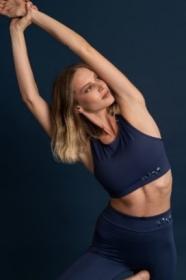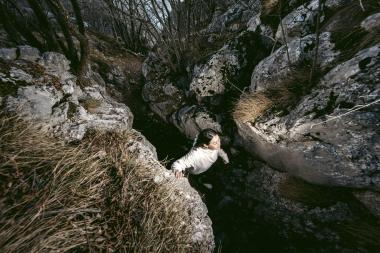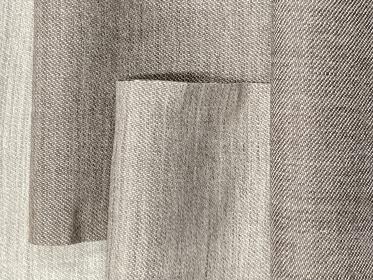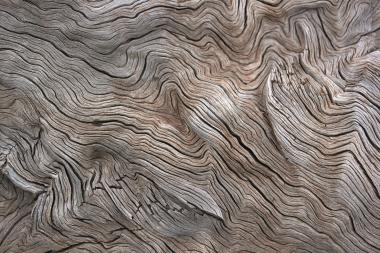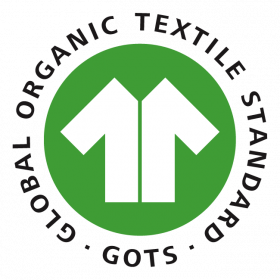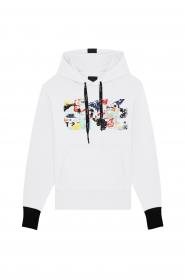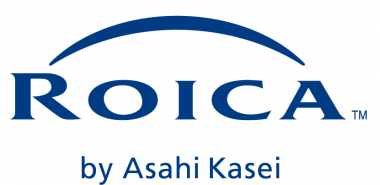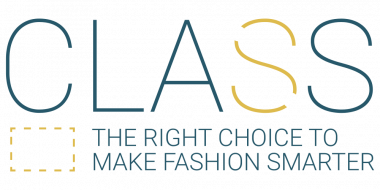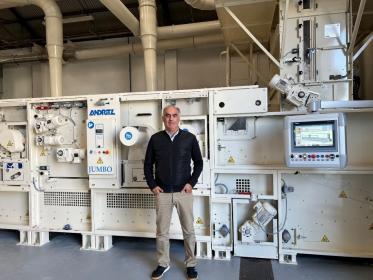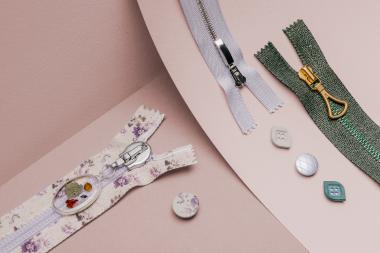FET gearing up for Techtextil 2022
With just 3 months to go before Techtextil Frankfurt, UK company Fibre Extrusion Technology Limited (FET), is looking forward to exhibiting at this trade show once again. Techtextil attracts international blue-chip companies at the cutting edge of technology, seeking innovative solutions to technical challenges, so this event represents an ideal opportunity to demonstrate how FET can help achieve their goals.
FET is an acknowledged leader in laboratory and pilot meltspinning equipment for a vast range of applications, such as precursor materials used in high value technical textiles, sportswear, medical devices and specialised novel fibres from exotic and difficult to process polymers. Where melt spinning solutions are not suitable, FET provides a viable alternative with pilot and small scale production wet spinning systems.
However, FET will also showcase at Techtextil its more recent laboratory scale spunbond system, which enables client development of nonwoven fabrics in a number of formats and polymers. FET already has a number of spunbond systems in the field, including composite systems which utilise both spunbond and meltspun functions.
A major theme to be highlighted on the FET stand is Sustainability. The FET range of laboratory and pilot extrusion lines is ideally suited for both process and end product development of sustainable materials.
FET has successfully processed almost 30 different polymer types in multifilament, monofilament and non-woven formats, collaborating with specialist companies worldwide to promote greater sustainability through innovative manufacturing processes.
DAVID STEAD PROJECT MARKETING LTD for FET



















